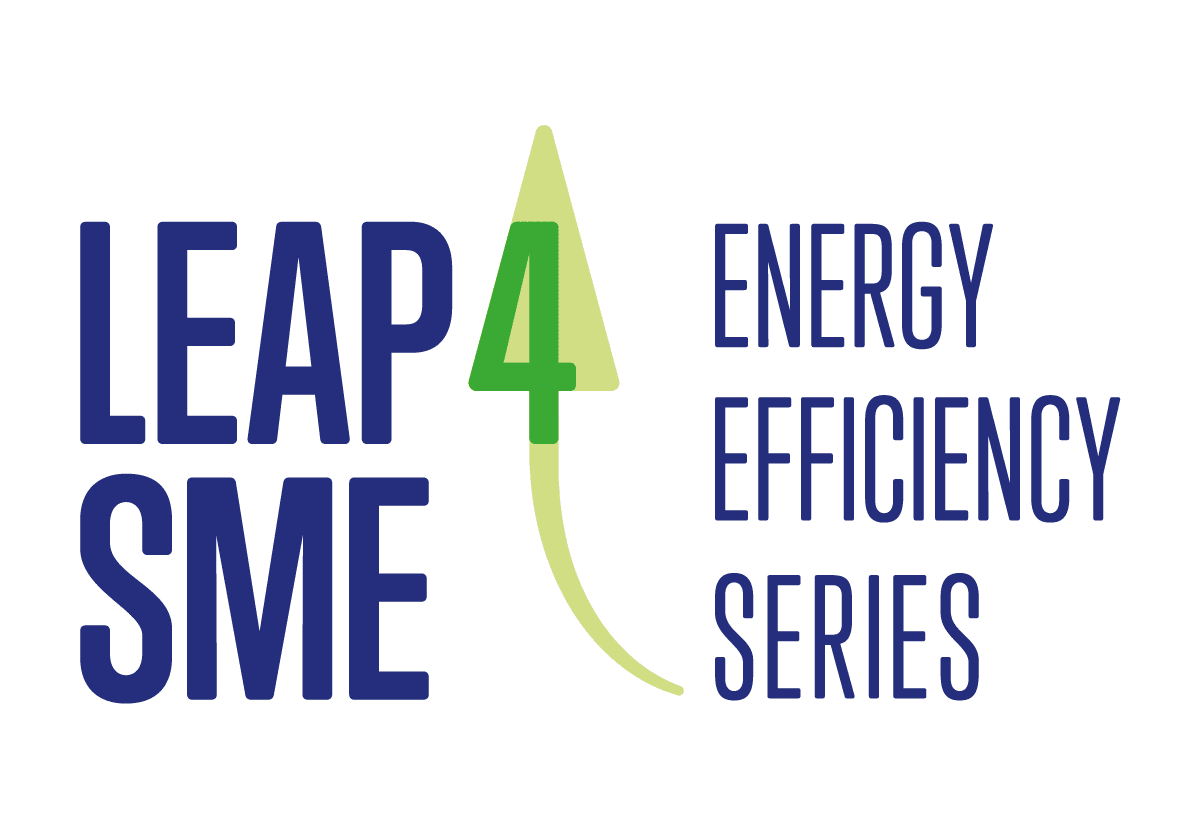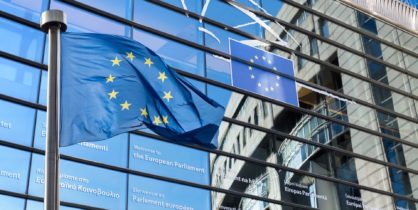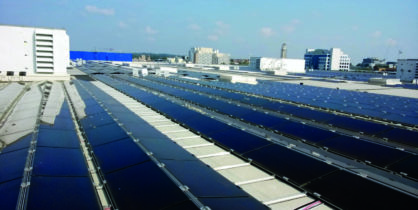Energy Efficiency for Small Businesses
SMEs must become more energy-efficient for Europe to meet its environmental targets.
We spoke with Manuel Casquiço, Head of ADENE’s Department of Programs and Initiatives, who answered questions as part of the LEAP4SME project, giving insights into how SMEs can become more energy efficient.
What do you think are the most important barriers to SMEs in adopting energy audits and energy efficiency measures?
There are three relevant barriers that may be preventing SMEs from proceeding with the performance of energy audits and consequent implementation of energy efficiency measures.
The first is financial since there is a need for an initial investment to perform the energy audit as well as to implement the energy efficiency measures that often these companies are not able to do.
The second is related to technical issues and the human resources that make it possible to carry out the necessary technical analysis, specialization, or financial feasibility that all projects must have.
Finally, we must consider ‘energy illiteracy’ or lack of knowledge on the part of the companies’ managing directors who are not aware of what can be done, who they can turn to, what measures can be implemented, or the direct and indirect benefits that result from the implementation of energy efficiency measures.
What do you think are likely to be the most important support mechanisms for SMEs in adopting energy audits and energy efficiency measures?
The mechanisms to be adopted must help to overcome the previously identified barriers. From a financial point of view, companies can use banking directly, Energy Services Companies (ESCOs) that are available to make investments, and other more innovative mechanisms, such as crowdfunding platforms that charge reduced commissions to raise the money needed to implement the energy efficiency measures.
More recently, with the availability of community support lines due to the COVID-19 pandemic, many European countries provide support and financing lines for the implementation of these measures.
At a technical level, there are several options that can be used. The first one is related to the training of human resources and the possibility for the company’s technicians to obtain specific training on energy efficiency. Alternatively, it is possible to use outside consulting companies, that can provide this as a paid service. It is also possible that the ESCOs themselves provide this support, but in this case, the know-how will always be on the side of the external service provider.
In terms of energy literacy, it is our understanding that national entities, as is the case with energy agencies, can play an important role in the dissemination of best practices in these matters and engage with SME management directly.

What would your key message be to stakeholders/market players who are working with SMEs on energy efficiency?
This is a job that cannot be done in a short period of time. It is continuous work that takes constant effort to communicate and try to transmit the added value of promoting energy efficiency. If there is anything that can be passed on to stakeholders, it is innovation. Innovation can break with the current paradigm, the advantages of energy efficiency are obvious with the reduction of energy bill costs, it is therefore important to communicate in another way, to innovate, to be able to transmit ideas in a better way to the stakeholders.
What is your view on how the LEAP4SME project can contribute to progress in the sector?
It is important to work on the barriers identified and in this sense the project contains the necessary activities, both from the main energy efficiency measures’ point of view, considering the companies’ size, as well as the development of a set of communication and training actions to communicate the added values.
The proximity policy proposed by the project seems to us to be one of the main measures envisaged here, that is, it is necessary not only to communicate these advantages but also to ensure its implementation and monitor their evolution as far as possible.
We also consider relevant the proposal of recommendations at the policy level, that can effectively lead to legislative changes if they occur to streamline the process necessary to implement energy efficiency measures.
Finally, it is important to exchange experiences at a European level, since there are different viewpoints and this exchange of ideas can be extremely positive, so that the best practices can be replicated in other Member States.






